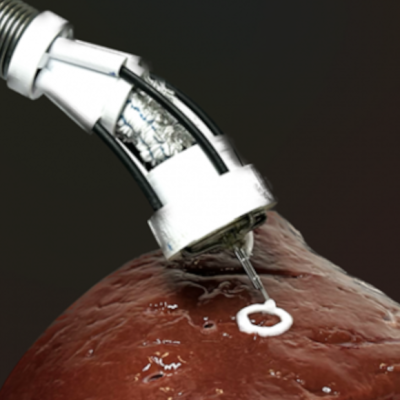In a groundbreaking development, researchers have created a molecular robot that can assemble individual molecules into new substances using a tiny gripping arm. The robot, made up of just 150 atoms, was developed by Professor David Leigh and his team at the University of Manchester, with funding from the Engineering and Physical Science Research Council. Despite being a billion times smaller than a grain of salt, the robot can perform complex tasks and is expected to play a crucial role in the future of manufacturing, including the production of new medicines and materials.
According to the researchers, the technology offers a range of benefits over traditional chemical manufacturing methods, including greater precision, reduced material and energy requirements, and the ability to quickly develop new materials. The team believes that within the next 10 to 20 years, molecular robots will be working on assembly lines to produce highly precise and pure materials. To achieve this vision, the researchers plan to continue shrinking technology down to the molecular level, with the ultimate goal of creating machines that are as small as possible.
This development has the potential to revolutionize the manufacturing industry, offering a more efficient and cost-effective way to produce a wide range of materials. As the technology continues to evolve, it will be interesting to see how it is applied in various industries and what new possibilities it will unlock. With molecular robots on the horizon, the future of manufacturing looks brighter than ever before.










